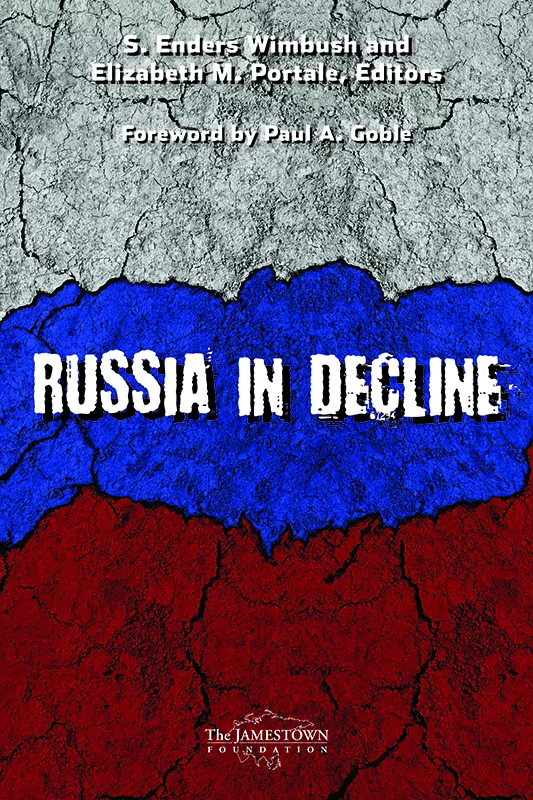
This project begins with the assumption that Russia is in fact in decline, and that the way Russia declines will likely have consequences that Western policies and strategies will be forced to address. Evidence of decline across most aspects of political, economic, and social life in Russia is now plentiful, and little evidence suggests that overall decline is reversible. Some areas of decline—for example, Russia’s demographic crisis, or in knowledge production—are profound and increasingly rapid. That said, in some areas Russia is making a concerted effort not to decline, for example in the development and reform of its military, which continues to boast some impressive select capabilities. But building the military to compensate for decline elsewhere hints at scenarios of the future that could be fraught with risk and conflict.
In their analyses, the project’s participants have tried to envision what might plausibly lie along the pathways leading to Russia’s decline. They have sought to identify the forces, attitudes, and ideas driving decline and Russians’ responses to it. Where possible, they have attempted to describe a range of potential alternative destinations for Russia, as well as conceivable contingencies that could emerge along the way. In particular, they have focused on potential downside scenarios, the dynamics that could power them, the critical uncertainties whose resolution might push scenarios in different directions, and the possible wildcards that might radically, rapidly, and unpredictably alter the shape and movement of the competitive landscape.
The project’s analyses and products will appear on this Jamestown Foundation website. These include papers by Russian experts, who are grappling with how to think about decline from “the inside,” as it were. Their analyses are augmented and expanded by those of several well-known Western experts, who survey how Russians think about particularly impactful elements of decline and what this might mean for Russia going forward. A final workshop of experts will assess how decline might affect Russia’s relations with the West, and explore policy options for dealing with a transforming Russia. We envision compiling these materials in a single volume, as well as several smaller, focused analyses on particular aspects of Russia’s decline, with appropriate contextual analysis and synthetic assessment. The final volume will be published by The Jamestown Foundation.
For More About the Russia in Decline Project Click Here
